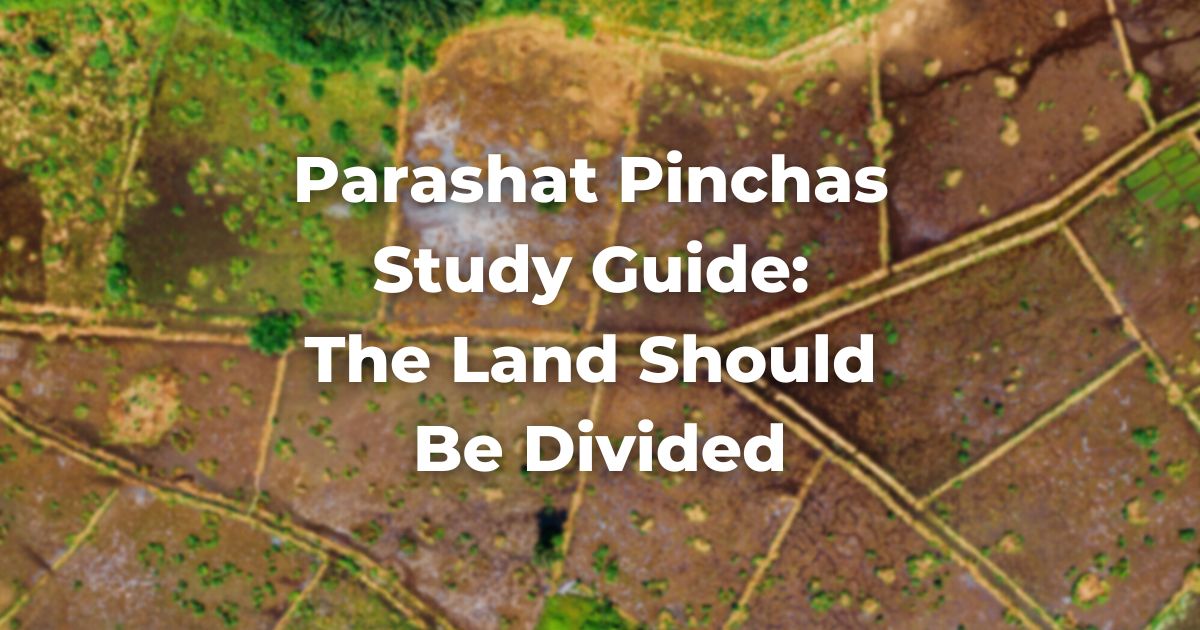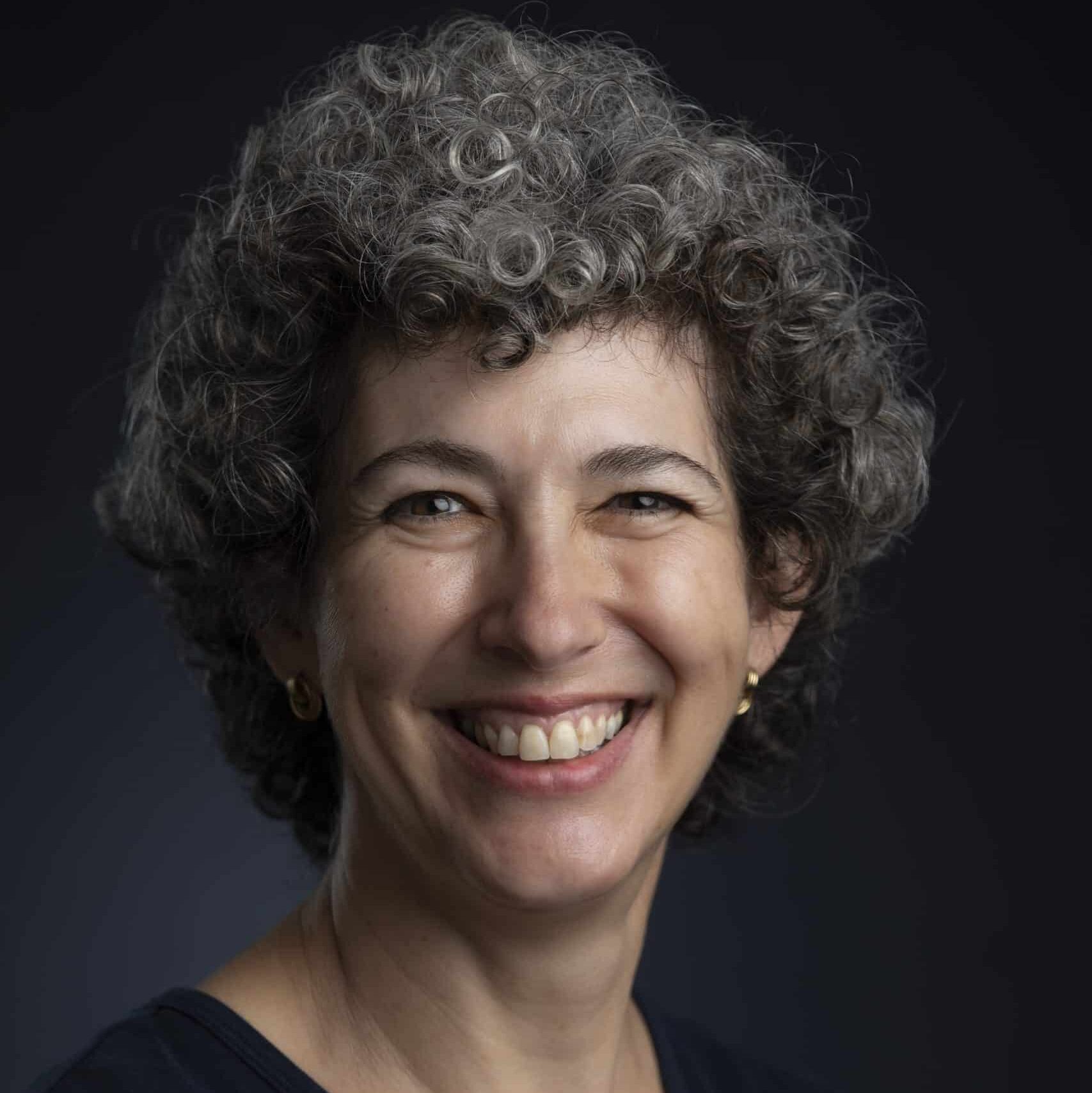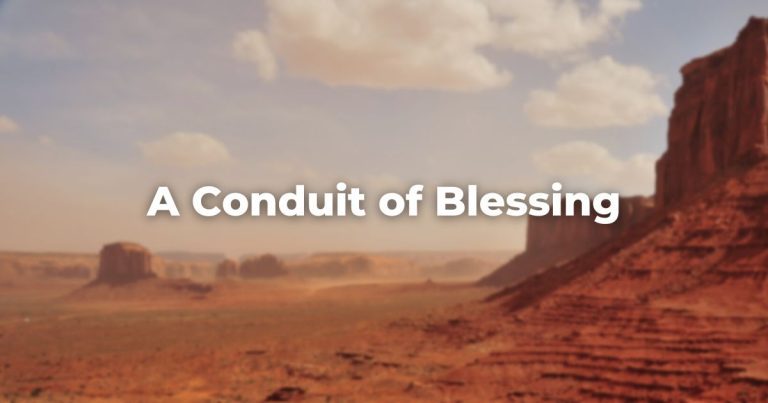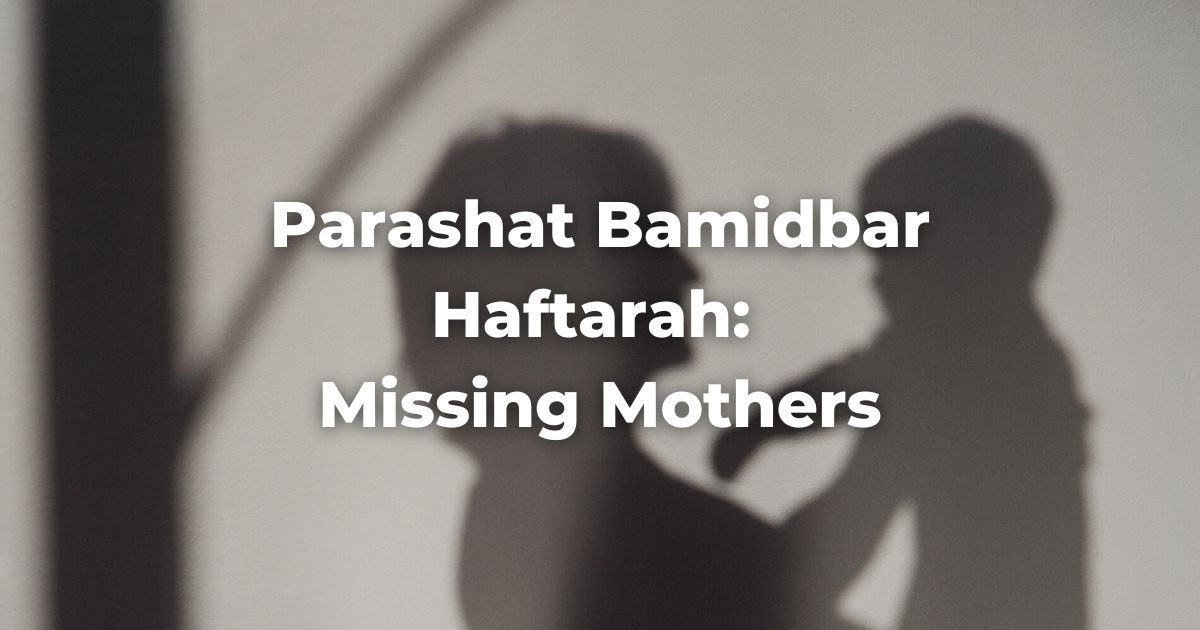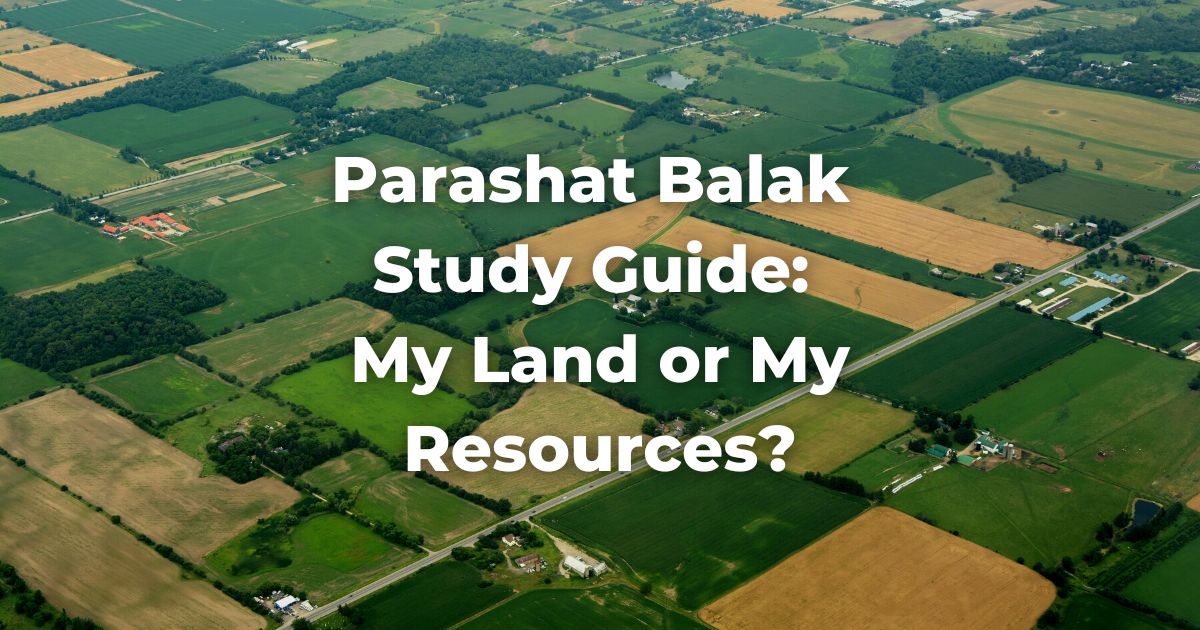Text: Bamidbar 26:51-55
51 These are those who were numbered of the children of Israel: six hundred and one thousand seven hundred and thirty. 52 Then the LORD spoke to Moshe, saying: 53 “To these the land shall be divided as an inheritance, according to the number of names. 54 To a large tribe you shall give a larger inheritance, and to a small tribe you shall give a smaller inheritance. Each shall be given its inheritance according to those who were numbered of them. 55 But the land shall be divided by lot; they shall inherit according to the names of the tribes of their fathers…”
- This passage appears at the end of the second census taken in the book of Bamidbar. What was the reason for the census prior to entering the land?
- Based on the instructions, what are the concerns that the tribes might have when it comes to land allocation?
- The lots are assumed to be directed by God. Why is there a need for Godly intervention? What is the human part in the allocations?
Commentary: Ramban on Bamidbar 26:55-56
But the land shall be divided by lot amongst the tribes of Israel, and according to the names of the tribes of their fathers who constituted twelve tribes … according to the lot shall the inheritance of the tribe be divided between the larger and the smaller—meaning that they should also cast lots amongst the [individual] families, so that the portion … should be in the place which the lot chooses for them, but we are to allot more to the larger [families], and give less to the smaller families.
- According to Ramban, how far is God involved in the land division?
Commentary: R. Isaac Abarbanel on Joshua 14
The division of the land, two things should be noted in it: the first is the region in which the portion and inheritance will be given, and the second is the amount of land, the width, and the length, that will be given to each of them in that region. And so the first issue, the region in which the inheritance of each tribe will be allotted, that God saw fit to clarify by lots, so that there will not be arguments among the tribes, for some places are choicer than others … and also so that there will be no resentment when one tribe receives land that has mostly already been conquered (by Joshua), and another will receive land that has mostly not yet been conquered …
- How does Abarbanel explain the need for the Godly (lot) intervention in the land division?
- Why did Abarbanel place this explanation in the book of Joshua rather than in Bamidbar?
See more: Parashat Pinchas
Originally posted as part of the Conservative Yeshiva at the Fuchsberg Jerusalem Center’s Torah Sparks. Support TorahRefers to the first five books of the Hebrew Bible, the Tanakh, also called the Five Books of Moses, Pentateuch or the Hebrew equivalent, Humash. This is also called the Written Torah. The term may also refer to teachings that expound on Jewish tradition. Read more learning from the Fuchsberg Jerusalem Center/Conservative Yeshiva for leaders and seekers around the world here.
Authors
-

Vered Hollander-Goldfarb teaches Tanach and Medieval Commentators at the Conservative Yeshiva and is a regular contributor to Torah Sparks, FJC’s weekly message on the weekly Torah portion. She received her M.A. in Judaic Studies and Tanach from the Bernard Revel Graduate School of Yeshiva University and studied at Bar-Ilan University and the Jewish Theological Seminary. Before making aliyah, Vered taught at Ramaz School and Stern College in New York.
View all posts -



The Fuchsberg Jerusalem Center (FJC) is a home in the heart of Jerusalem where leaders and seekers can find an authentic place in Jewish tradition to call their own. FJC offers opportunities to study, pray and explore within an egalitarian and inclusive setting, creating multiple pathways for finding personal and communal meaning.
View all posts

